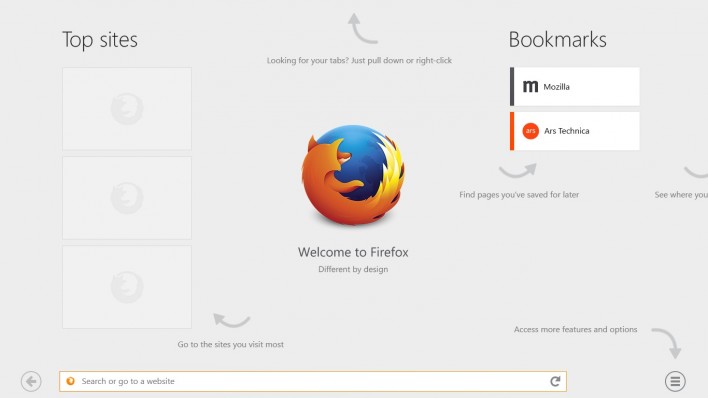
This change of default value may cause RMI-based applications to break unexpectedly. In previous releases the default value was false.

Deploying with Applet Tag describes setting permissions for an applet within the applet tag.įrom this release, the RMI property is set to true by default. Unsigned or self-signed applications may not be supported in future JDK update releases.įor more information on signing applications, see Understanding Signing and Verification. The terminology in the Java Tutorial and the Java SE Guides has been changed to use "sandbox application" for applications that are restricted to the security sandbox, and "privileged application" for applications that have extended permissions. Therefore, the previous use of the term "unsigned" to mean an application that ran in the security sandbox and "signed" to mean an application that ran with extended permissions, is no longer meaningful. In addition, it is also possible to restrict signed applications to the security sandbox. Starting from JDK 7u21, it is recommended that all applications be signed. For more information, see User Acceptance of RIAs. These permission dialogs include information on the certificate used to sign the application, the location of the application, and the level of access that the application requests. The JDK 7u21 release enables users to make more informed decisions before running Rich Internet Applications (RIAs) by prompting users for permissions before an RIA is run. If the user is running an insecure JRE, only applications that are signed with a certificate issued by a recognized certificate authority are allowed to run.Īs of JDK 7u21, JavaScript code that calls code within a privileged applet is treated as mixed code and warning dialogs are raised if the signed JAR files are not tagged with the Trusted-Library attribute. The default setting of High permits all but local applets to run on a secure JRE. In this release, low and custom settings are removed from the Java Control Panel(JCP)'s Security Slider.ĭepending on the security level set in the Java Control Panel and the user's version of the JRE, self-signed or unsigned applications might not be allowed to run.

This data is updated on client computers daily on the first execution of a Java applet or web start application.Ĭhanges to Java Control Panel's Security Settings

Oracle now manages a certificate and jar blacklist repository.

For more information about security baselines, see Deploying Java Applets With Family JRE Versions in Java Plug-in for Internet Explorer.


 0 kommentar(er)
0 kommentar(er)
